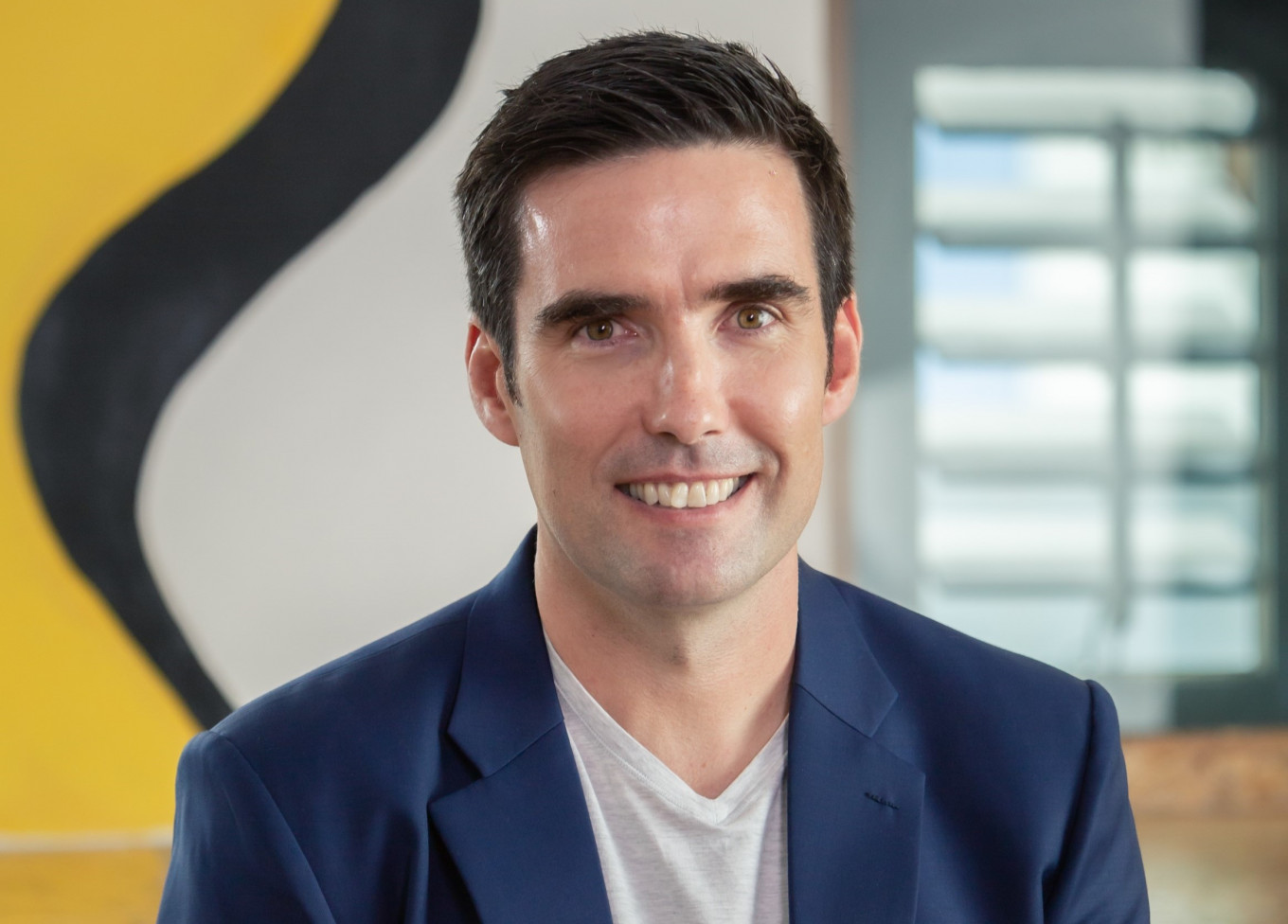Popular Reads
Top Results
Can't find what you're looking for?
View all search resultsPopular Reads
Top Results
Can't find what you're looking for?
View all search resultsAWS to invest $5 billion in Indonesia’s digital transformation
Amazon Web Services’ managing director for ASEAN spoke to The Jakarta Post’s Deni Ghifari about the company’s philosophy, its views on Indonesia and the digital transformation.
Change text size
Gift Premium Articles
to Anyone
A
mazon Web Services (AWS), one of the biggest global players in internet technology, says it is ready to help Indonesia embrace the digital transformation. The US-based company set up its Jakarta infrastructure "region" in December 2021 and has committed to investing US$5 billion in the country over a period of 15 years. AWS ASEAN managing director Conor McNamara spoke to The Jakarta Post’s Deni Ghifari on Aug. 31 about the company’s philosophy, its views on Indonesia and the digital transformation.
Question: What are your plans in Indonesia?
Answer: AWS is [...] easily a billion-dollar run rate business globally and growing at 33 percent year-on-year. In Indonesia, the region announcement was a really big statement for us. We made a commitment to invest $5 billion in the country over the next 15 years. So that's a forward-looking commitment to the country, and that investment will be broken into multiple different categories.
The first one, obviously, is the infrastructure. We have a three-availability-zone region. An availability zone is one or more data centers, separate power grids, separate floodplains, physically separated. It gives customers a level of resiliency and redundancy [for] how they run their workloads. And how we operate and run that infrastructure also [requires] big investment.
The second one is our extended team. [We will also allocate a sum of that investment to] all of our team in Indonesia over that [15-year] period in terms of our support organization, official services organization, our public policy, and legal and marketing [departments], etc.
The third pillar is our partners. We really think about our partners as an extension of our own team. We're focused on building local partners in Indonesia who can help our customers leverage the cloud. We make a lot of investments, upskilling those partners, giving them credits and incentive programs to drive workload adoption. [In addition, we also look] to get partners who have international businesses to invest in the nation, like GSI, Accenture, Deloitte or TCS and so on, to further invest in building practices with us here.
Then, the fourth big pillar is skills. We've already trained 300,000 Indonesians on the AWS cloud, and we plan to train hundreds of thousands more over the years. We look at that through various vectors; we look at how we're training customers who are currently using us. And then we also look at how we're training the next generation of builders.
In terms of second-level education, third-level education, [we have] Laptops for Builders, where we provide laptops for students across Indonesia, because we believe that's kind of the barrier for them to access cloud technologies. That's a big area of focus for us as well. And we have also a whole lot of other programs, like AWS Academy, where we embed the AWS cloud curriculum into existing third level, university degree and diploma programs as well.
Could you share with us information on business deals?
Our business is not anchored around deals; it’s not like traditional IT vendors, where you talk about deals. Our business is all anchored around usage and consumption. We focus very much on what workloads are running on our platform, what our customers are doing in terms of service adoption or what use cases they're building on us. It's very different to the typical IT vendor landscape, where [everything is] measured on total contract value, or new signings; we're not measured on that, we're measured on usage.
We optimize for workloads on the platform; it's the best proxy for customer value. So, we look very closely every day of the week at which customers are using our region in Jakarta. And then we look at how they're using the platform, making sure they're using it efficiently, cost effectively, securely and operational resiliently, and making sure all those things are being done. We believe that's a strong leading indicator for the long-term health of the business. So, the best way to think about continuing to drive adoption is to just focus on creating value for customers, and then the deals and all those other things will come. The deal is pretty much an afterthought.
What about cloud adoption in micro, small and medium enterprises (MSMEs)?
I think [cloud adoption in MSMEs] is not only doable, [it's happening]. For me, it's not a question of if it will happen, it's a question of when and how quickly, that's where we are. But it's back to convenience, like coming up with solutions that are easy to avail of, that are convenient to consume, that are low friction, and that serve a particular customer need or use case. Now, that's what we're doing with [point-of-sale service provider] Moka, for example. [We are looking to] tangible areas and then trying to overcome whatever other barriers to reduction areas around pricing or commercials, and so on. But yes, absolutely. We're seeing huge adoption, I think, across so many of those different solutions.










